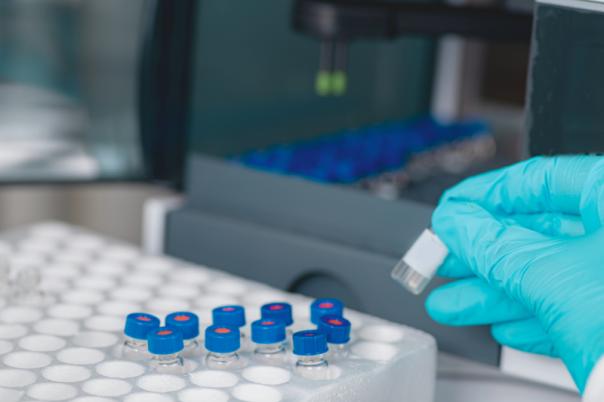David Loynd, CEO of EnduRx Pharmaceuticals, kicked off his presentation by stating that it is likely that everyone has a connection to cancer. Around 2 million people are diagnosed with cancer in the US every year. Although treatments are improving, more effective treatments are still needed for hard-to-treat solid tumours.
Current treatments like chemotherapy, radiation, and surgery have several shortcomings, such as high toxicity and the inability to effectively target tumours. This often leads to recurrence, metastasis, and death. Loynd’s approach involves using a nanosystem to selectively target and penetrate the tumour parenchyma and avoid healthy tissue. He argued that his technique is different due to the unique mechanism of action.
The MOA relies on using a nanosystem to target specific tumour markers and use a well-understood pathway to penetrate and deliver drugs directly to cancer cells. It uses tumour homing receptors like P32 and alpha v beta integrins. P32 translocates to the cell surface when a tumour is stressed, and alpha v beta 3 is usually overexpressed in cancer cells. This method also targets Neuropilin-1 for cell internalisation. Loynd expressed that this mechanism mimics viral entry pathways (e.g., SARS-CoV-2) for efficient drug delivery.
EnduRx’s platform facilitates the delivery of multiple APIs with controlled release. Furthermore, it enables the administration of hydrophobic drugs and other drugs considered too toxic to have a useful therapeutic window. Additionally, it is capable of delivering chemotherapies, immunotherapies, and nucleic acids, thus demonstrating its versatility. Finally, it holds potential for various administration routes: IV, nasal, inhaled, oral, and topical.
Loynd discussed some of the company’s current projects, including their work on triple negative breast cancer with the University of Hawaii, the potential of nasal delivery for glioblastoma (GBM), and treating COPD and lung cancer via inhalation.
He added that he is looking to form collaborations with his PENDI2SE (peptide-directed encapsulating nanosystem delivery and internalization to improve safety and effectiveness) initiative, which seeks to find pharma and biotech companies with a promising small molecule solid tumour drug whose effectiveness and safety might be enhanced with better drug delivery. EnduRx offers its partners a custom nanosystem and early in vitro/in vivo data, as well as IP flexibility and non-exclusive licensing.





